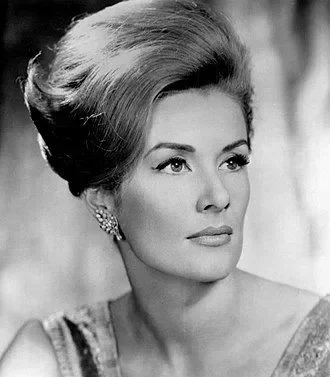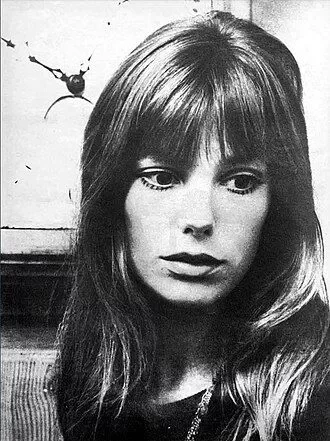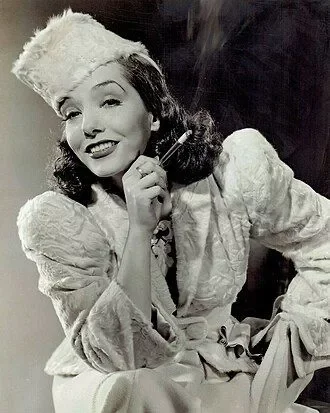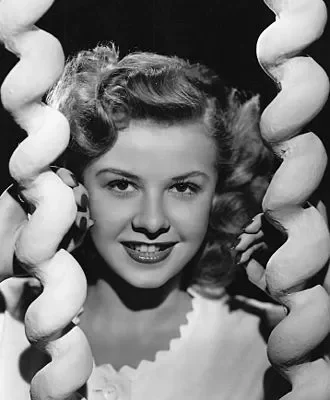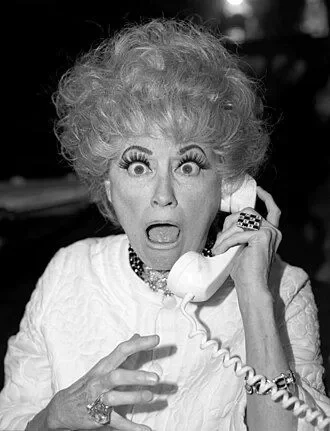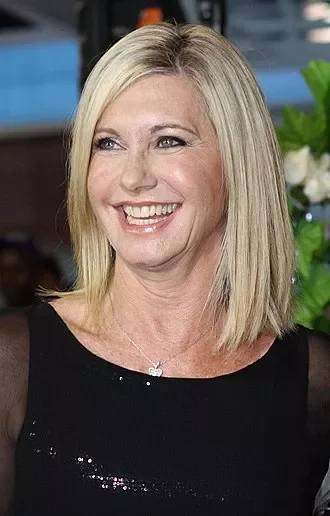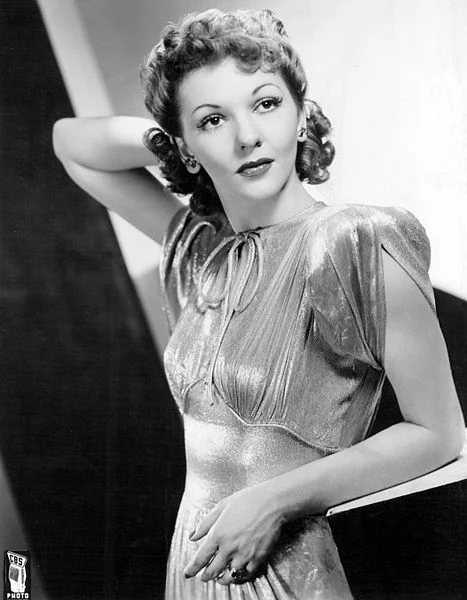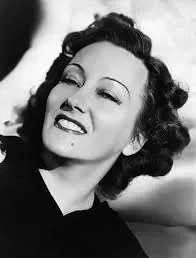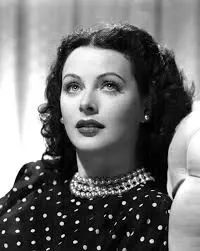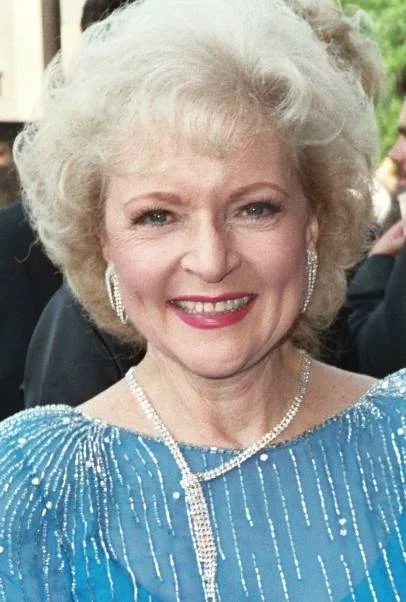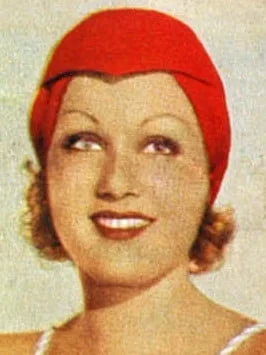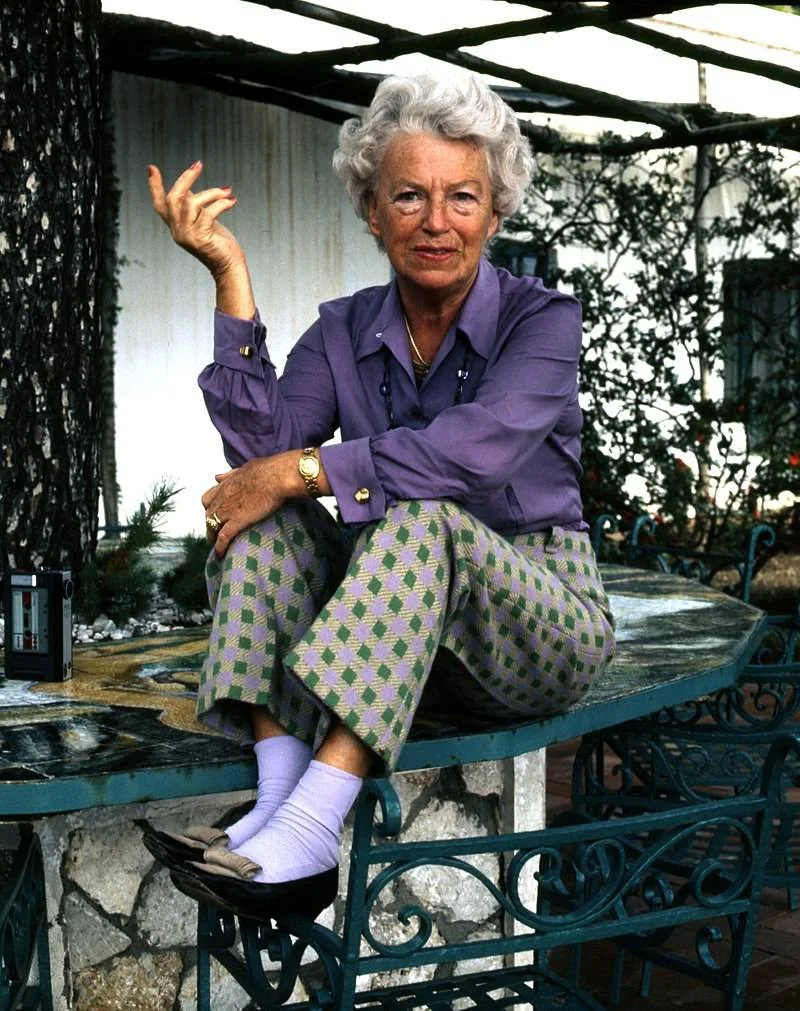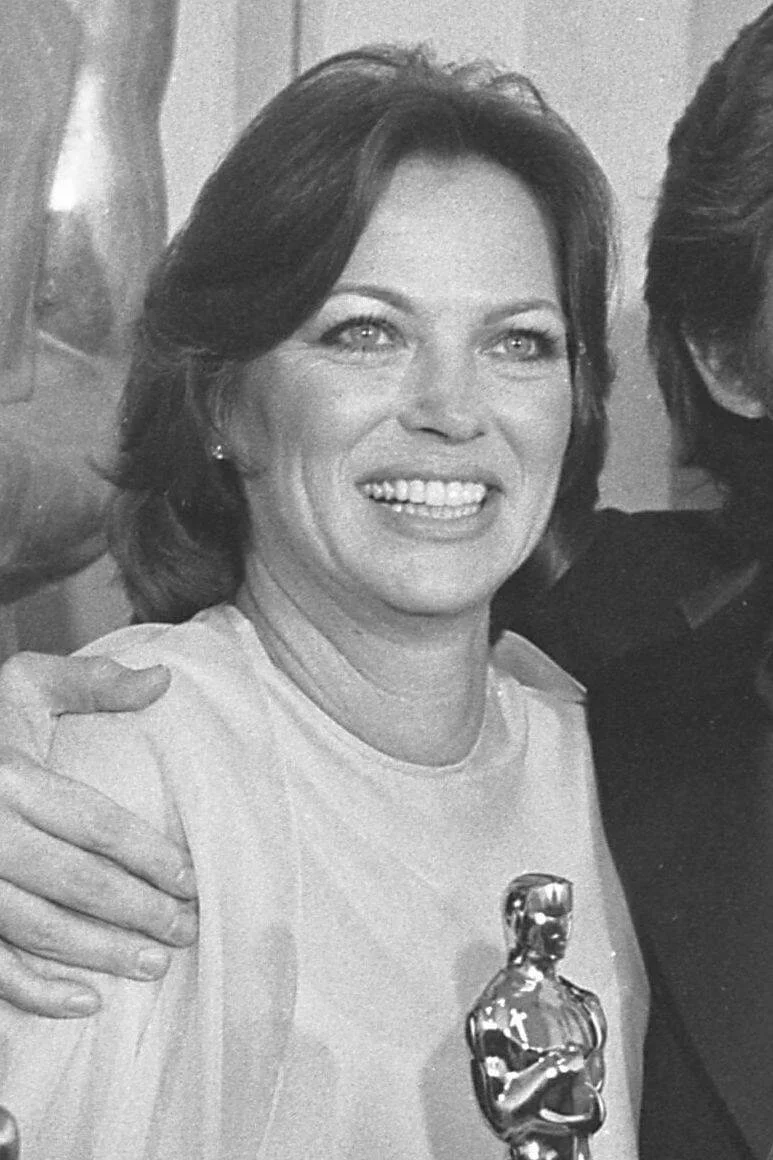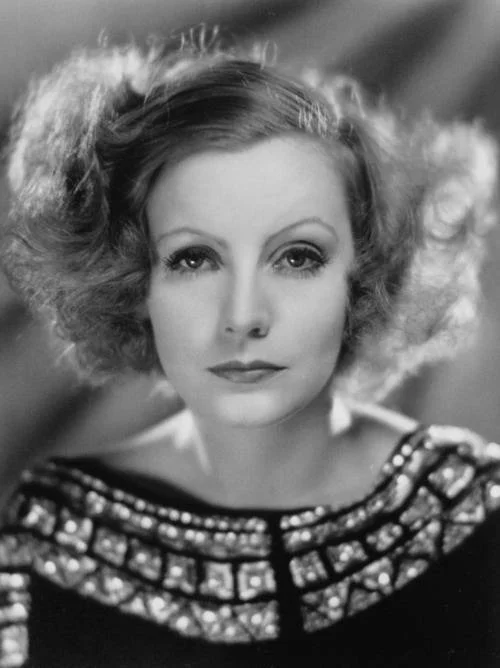Real Celebrities Never Die!
OR
Search For Past Celebrities Whose Birthday You Share
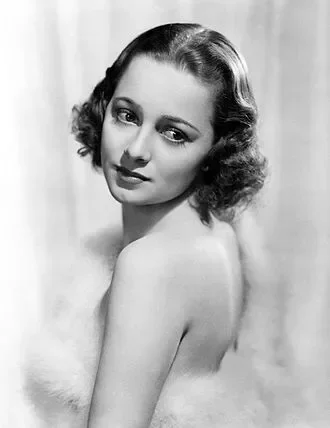
source:wikimedia.org
Olivia de Havilland
Birthday:
01 Jul, 1916
Date of Death:
26 Jul, 2020
Cause of death:
Natural causes
Nationality:
British, American
Famous As:
Actress
Age at the time of death:
104
Olivia de Havilland's Quote's
Early Life and Background
Dame Olivia Mary de Havilland with her captivating look, was the queen of cinematic film during the 1930s until late 1980s. Havilland was a British-American actress born on July 1, 1916, in Tokyo City, Empire of Japan, to British parents.
In 1919, Olivia moved to California with her mother and younger sister, Joan Fontaine, who would also become a celebrated actress. Olivia’s passion for acting began at the age of nine when she performed in a school play.
Despite being offered a college scholarship, she chose to pursue her dreams of acting, starting her career in community theater. Her early performances caught the attention of Hollywood producers, paving the way for her remarkable career.
Professional Career and Achievements
Olivia’s first major break came in 1935, playing Hermia in a film adaptation of Shakespeare’s “A Midsummer Night’s Dream.” The role led to a seven-year contract with Warner Bros., where she quickly rose to fame in films like Captain Blood and The Adventures of Robin Hood, alongside Errol Flynn.
Her most iconic role was as Melanie Hamilton in the 1939 epic “Gone with the Wind,” for which she earned her first Academy Award nomination.
In 1943, dissatisfied with being typecast in passive roles, Olivia sued Warner Bros. over contract disputes. She won the landmark case, now known as the de Havilland Law, which limited studio contracts to a maximum of seven years. This ruling transformed Hollywood, granting actors greater freedom in their careers.
She went on to deliver some of her most powerful performances in films like “To Each His Own” (1946) and “The Heiress” (1949), earning her two Academy Awards for Best Actress.
Later in her career, Olivia moved to Paris, France, where she appeared in fewer films but remained active in the arts. She continued to perform in television productions, authoring memoirs and essays while staying deeply involved in cultural activities.
Personal Life
Havilland had such an interesting personal life behind the scenes. During her early days as a young actress, she began her unromantic relationship/friendship with fellow actor, Errol Flynn.
Although, it was a neutral friendship between her and Flynn but along the line, Havilland began to develop romantic feelings for Flynn but out of respect for Flynn and his marriage, she never acted on her feelings.
Shortly after in 1938, Havilland briefly dated business tycoon, aviator, and filmmaker Howard Hughes. Although the relationship didn’t last too long, Havilland would describe Hughes as “A rather shy man who was real here”.
Then in 1939, Havilland also dated popular actor James Stewart. Stewart even went ahead in 1940 to propose marriage to Havillanf but she rejected him citing that Stewart wasn’t ready for marriage.
Just before she got married in 1946, Havilland also briefly dated film director John Huston whom she described as the great love of her life.
Havilland’s first marriage was to Marcus Goodrich, a U.S. Navy veteran, journalist, and author of the novel Delilah (1941). The couple had a son together in 1949 before they divorced in 1953.
Two years later, she married Pierre Galante, an executive editor for the magazine Paris Match.Her marriage to Galante prompted her relocation to Paris.
The couple separated in 1962, but continued to live in the same house for another six years to raise their daughter together. Their divorce process was finalized in 1979.
Later Life and Legacy
Olivia de Havilland was celebrated not only for her acting but also for her role in reshaping Hollywood’s labor rights. She was the oldest living and earliest surviving Academy Award winner until her death at the age of 104 on July 26, 2020, in Paris, France.’
Her legacy is enshrined in numerous accolades, including a star on the Hollywood Walk of Fame and induction into the Online Film & Television Association Hall of Fame.
Name:
Olivia de Havilland
Popular Name:
Olivia de Havilland
Gender:
Female
Cause of Death:
Natural causes
Spouse:
Place of Birth:
Tokyo City, Empire of Japan
Place of Death:
Paris, France
Occupation / Profession:
Personality Type
Logistician: Practical and fact-minded individuals, whose reliability cannot be doubted. Olivia was known for her down-to-earth, hardworking, and good-natured personality. Despite her reserved and shy nature, she demonstrated remarkable determination and resilience, particularly in her fight against unfair studio contracts. Her commitment to excellence defined her career and legacy.
Olivia rejected a college scholarship to pursue acting.
Olivia started her career in community theater.
She and her sister, Joan Fontaine, were lifelong rivals, competing for movie roles and even Academy Awards.
She was the first woman to serve as a jury president at the Cannes Film Festival (1965).
The de Havilland Law was named after her for its groundbreaking impact on Hollywood labor contracts.
Olivia de Havilland won two Academy Awards during her career.
Olivia was appointed Dame Commander of the Order of the British Empire.
She received her star on the Hollywood Walk of Fame in 1960.
She received the National Medal of Arts in 2008.
She was honored with the Chevalier of the Légion d’honneur in 2010.
She was inducted into the Online Film & Television Association Hall of Fame in 2006.
She was named Oldie of the Year in 2016.
She won two Golden Globe Awards.

